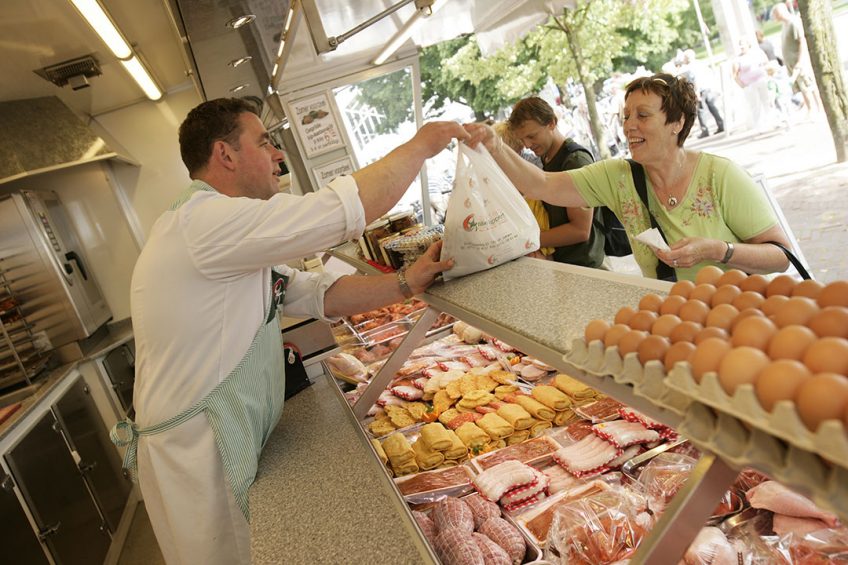Uzbekistan promotes smallholder farms to fight poverty

President Sjavkat Mirzijojev of Uzbekistan has ordered the distribution of 50,000 live birds among the population to mitigate the negative impact the Covid-19 pandemic has had on Uzbekistan’s poorer citizens.
The live birds will enable families to produce animal protein in their own backyard.
In its fight against poverty, the government is embarking on a large-scale bailout programme, according to a statement posted on the government’s website. An estimated 450,000 households would see their incomes plummeting because of the pandemic, the President’s office said. This is further exacerbated by unemployment, which is currently on the rise in Uzbekistan.
“This year, we plan to employ 145,000 of our less fortunate citizens by implementing 7,500 national projects,” Mirzijojev said, adding that quite a few of those projects will be in the agricultural field. The government plans to distribute 38,000 hectares of agricultural land among 25,000 farmers in the first half of 2020, and 38,000 hectares among 45,000 more farmers in the second half of 2020, the President’s office said. At least 20,000 hectares should be dedicated to poorer families, with the primary goal of growing feed grain and breeding poultry.
Poultry import problems impacted the market
The poultry market in Uzbekistan was rapidly expanding before the Covid-19 pandemic took off. The average annual consumption of chicken nearly quadrupled from 2.4 kg per person in 2017 to 9 to 10 kg per person in 2019. At the beginning of 2020, there seemed to be a positive trend in this regard, but due to Covid-19, imports were disrupted, which negatively affected the market, Abdullah Vahab, Cobb agent for Uzbekistan said in early 2020.
Covid prompts World Bank to revise predictions
Due to the Covid-19 crisis, the World Bank has revised its 2020 economic growth projection for Uzbekistan to 1.6%, a significant decrease from the earlier projection of 5.7%. “Now, it is the earth and the earth alone that can feed us. Countries all over the world have suspended trading. For this reason, we must talk about food production. Everyone needs grain, and everyone needs poultry farming,” Mirzijojev said on a state-owned news channel in April.
According to Mirzijojev, the government should work to increase the domestic supply of poultry, rice, and potatoes, as long as these items remain in short supply. The government is yet to disclose to what degree poultry imports have been affected by the Covid-19 pandemic.
 Covid-19 Up-date
Covid-19 Up-date
What impact is the pandemic having on the global poultry sector and how are they dealing with it.
Creating poultry produciton clusters
In 2018, Mirzijojev installed a development programme for the poultry industry, to be carried out from 2019 to 2021, instructing the government to create clusters for growing poultry, processing poultry products, finalising these products, and delivering them to consumers in regions across Uzbekistan. The government-run Fund for Reconstruction and Development of Uzbekistan allocated $ 50 million to support poultry farming in Uzbekistan through soft loans.
The government of Uzbekistan has furthermore dedicated itself to building the country’s first veterinary laboratory for the poultry industry, which is to be tasked with the prevention, detection, and counteraction of bird diseases, as well as with the development of feeding standards for poultry, technological processes for the processing of meat and eggs, monitoring meat contents, the composition and quality of their food supply, and other tasks.












